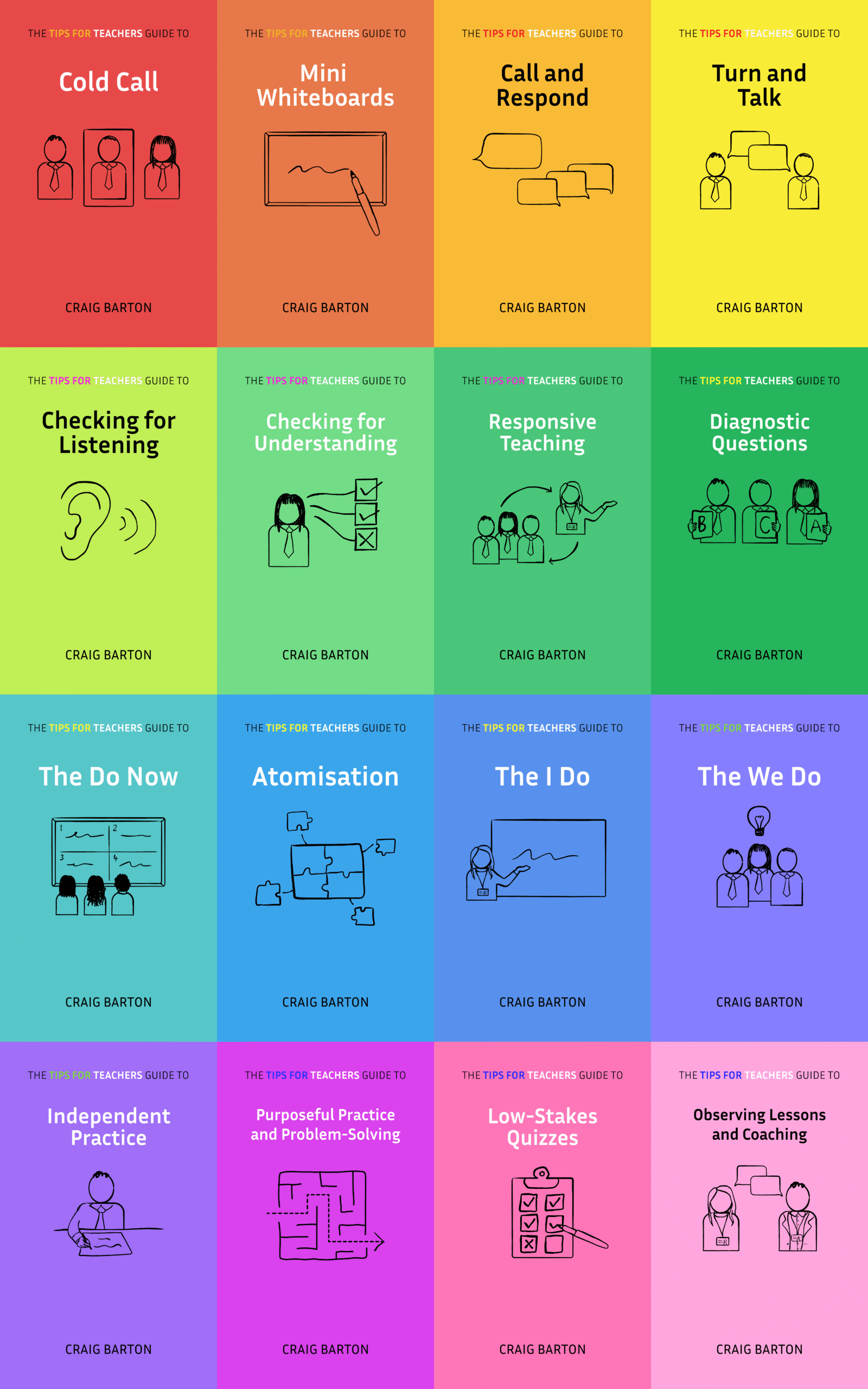
- Title: Change in Students’ Educational Expectations – A Meta-Analysis
- Authors: Pinquart and Pietzsch
- Access the original paper here
- Listen to a deep-dive podcast:
Paper summary
This 2022 meta-analysis from the Journal of Educational and Developmental Psychology examines changes in students’ educational expectations from childhood to young adulthood. Researchers analyzed 91 longitudinal studies, finding that while expectations about highest educational degree remained relatively stable, expectations regarding future grades declined significantly. This decline was more pronounced in the U.S. and Canada, countries with larger discrepancies between expected and actual educational attainment. Further analysis revealed that age was a significant moderator, with the strongest decline in expectations occurring around age 20.
What are the key implications for teachers in the classroom?
The sources offer a few key implications for teachers in the classroom:
- Students are more likely to adjust their expectations about their grades in the near future than about attaining a final degree later on. This may be because they receive more direct feedback regarding their grades, such as through exams and teacher comments. Teachers can help by offering students clear and consistent feedback on their work. Frequent assessments, constructive criticism, and opportunities for improvement can help students calibrate their expectations.
- A weak trend to reduce expectations about attaining a future educational degree is observed only in countries with the highest expectation-achievement gap, like the U.S. and Canada. Students in other countries tend to have more realistic expectations about their educational prospects, so they have less need to lower them. Teachers in countries with high expectation-achievement gaps may need to help students develop more realistic expectations. This could involve providing information about the actual rates of college completion and the challenges associated with higher education.
- Reductions in students’ expectations are most obvious in late adolescence, when students transition from high school to university, apprenticeships, or jobs. Teachers can provide support and guidance to students during this transition, especially those struggling with their academic performance or facing financial barriers. Helping them explore different pathways and connect with resources can ease the adjustment process.
The sources note that overly optimistic educational expectations can cause academic stress and disappointment for students. However, an intervention study that aimed to lower unrealistic expectations did not produce the desired outcome and even led to lower academic achievement. Therefore, the sources advise that students should maintain their positive expectations as long as the benefits outweigh the harm.
Quote
Positive educational expectations tend to be socially desirable (Jerrim, 2014) and may be a source of striving for success but may also be a source of academic stress and disappointment (Pinquart & Ebeling, 2020a). Thus, it would be difficult to give a general recommendation on how to deal with overly positive expectations








